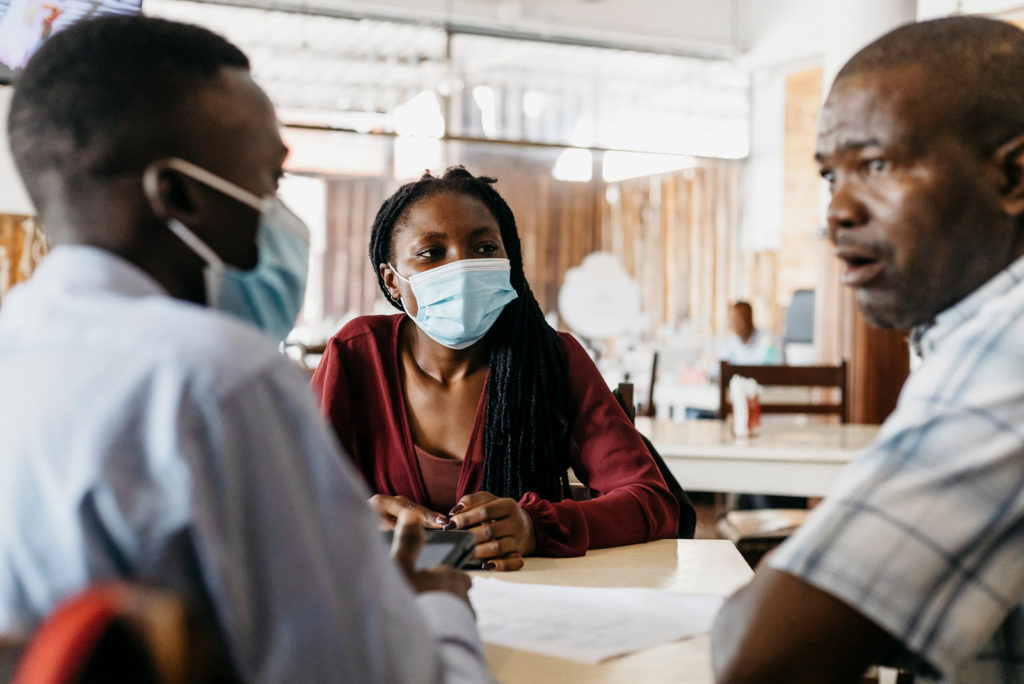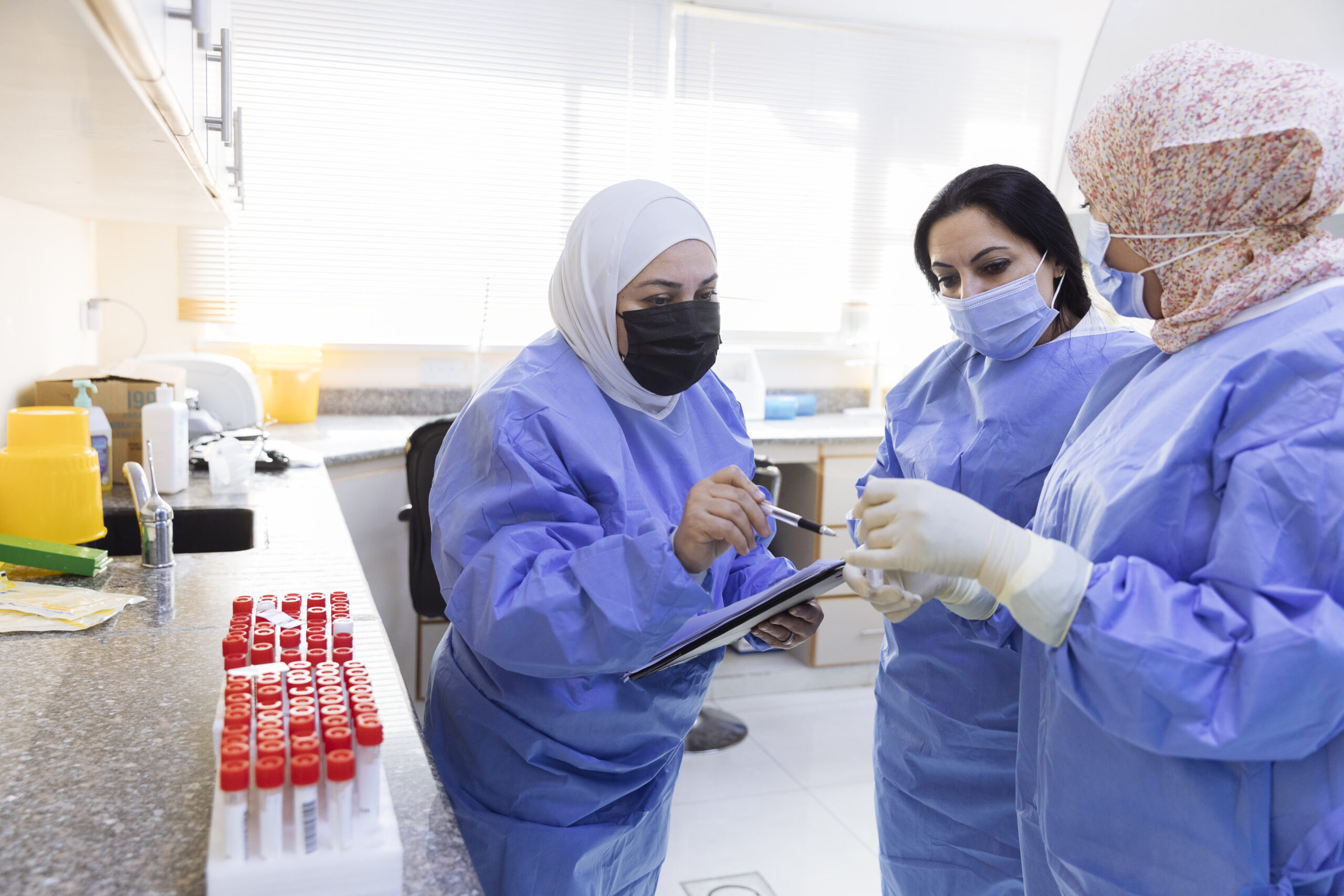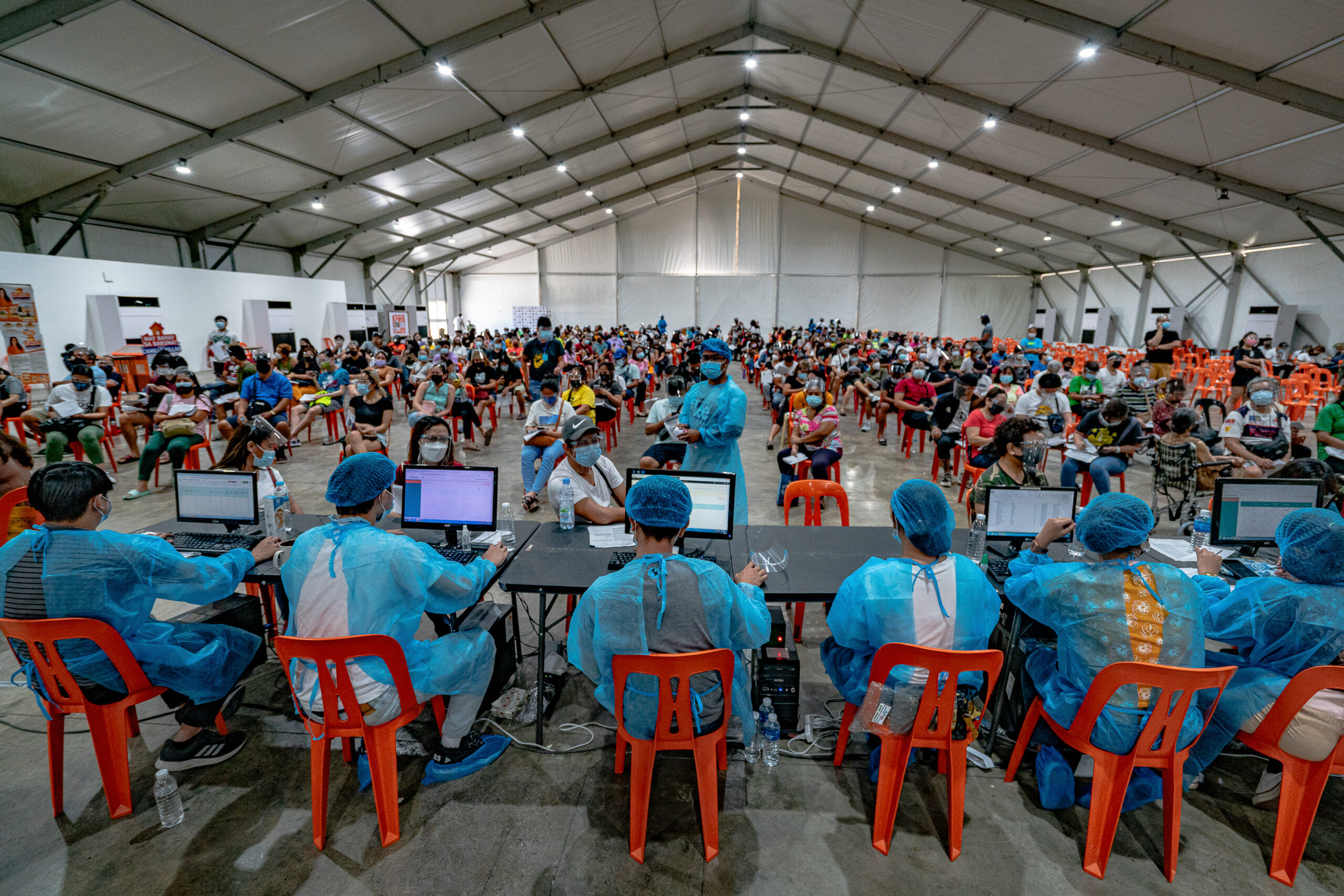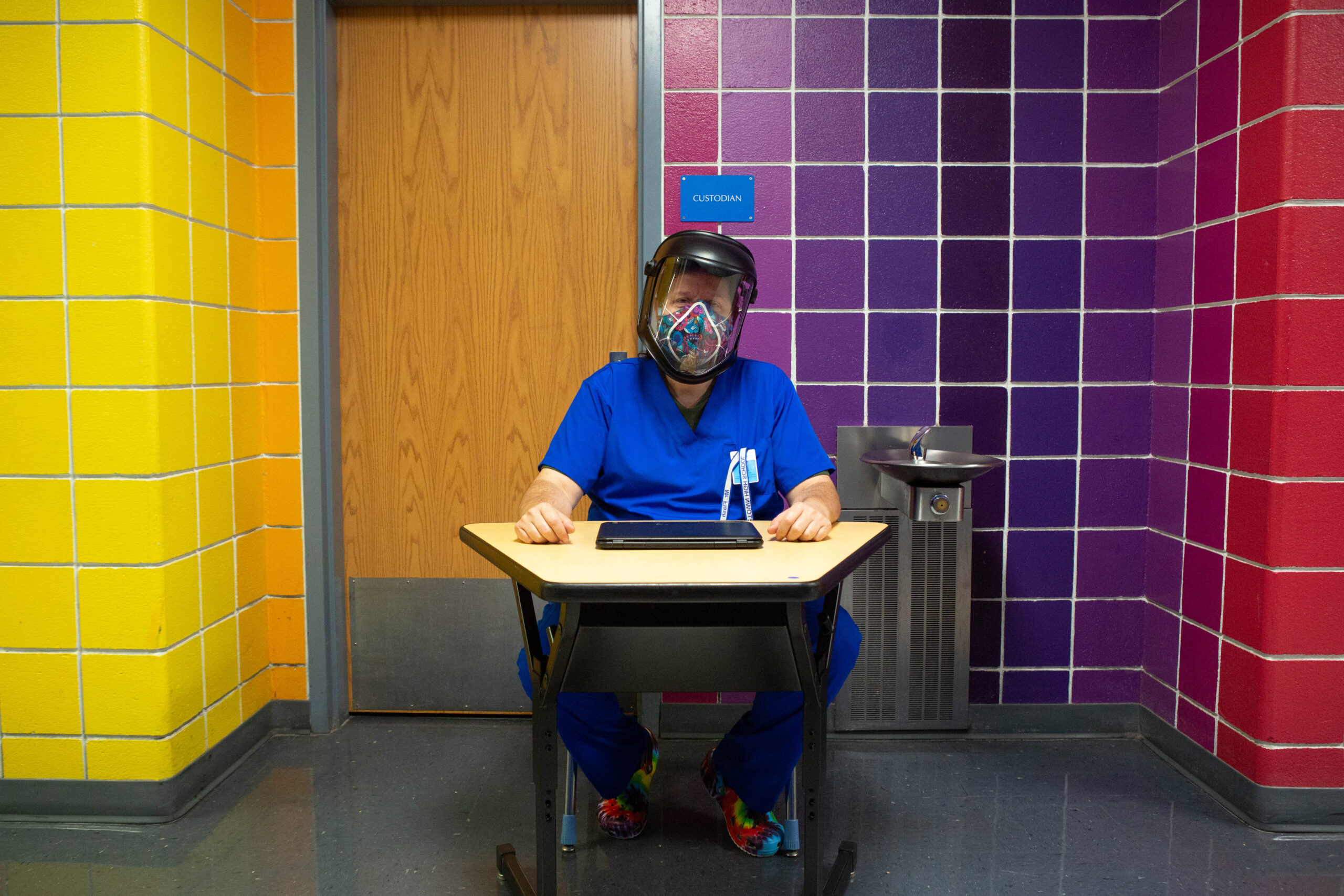Global crises generate many questions which need to be answered, often very rapidly. The social science researchers who dedicate so much time, commitment and effort to addressing these questions are quite familiar with turbulence and uncertainty. Many are, by necessity, ready and willing to adapt and adjust their approaches and methods as they undertake their work. However the Covid-19 pandemic demanded a level of agility on a scale unseen before.
The world has seen, over the last two years, how a disease and subsequent public health measures can have dramatic impacts on livelihoods, economies, and societies, with negative effects on those who are already poor and marginalised. The pandemic has laid bare systemic inequalities and injustices and raised multiple questions of accountability, governance, and state–society relations. Responding effectively to these questions has raised many challenges – and opportunities – for researchers and commissioners of research.
A transformative research agenda
A previous IDS Bulletin – “Building a Better World: the Crisis and Opportunity of Covid-19” – explored possible strategies and approaches to address short and mid-term needs and challenges, and the potential for a genuine transformation of idea, policies, programmes, practices and systems.
As the pandemic continued, we realised that the actual ways in which research is carried out were also transforming. This realisation gave rise to an invitation to a group of social science researchers, and to those who support them, to share their experiences of how research was itself transforming during the Covid-19 pandemic. This has been the source of material for a new IDS Bulletin launched in July 2022, entitled “Pandemic Perspectives: Why Different Voices and Views Matter.”
This Bulletin draws on experiences from social science research projects around the world which form part of the Covid Collective, supported by the UK government’s Foreign, Commonwealth & Development Office (FCDO). The Covid Collective brings together the expertise of UK- and Southern-based research partner organisations to offer a rapid social science research response to inform decision-making on some of the most pressing Covid-19-related development challenges. It provides concrete examples of how researchers have demonstrated agility and adaptation in a range of contexts; offers insights and lessons for research, conceptually and practically; and provides potential directions for policy and decision-making around research prioritisation, funding, and support.
The importance of listening to different voices
As co-editors of this Bulletin special issue, and as researchers ourselves, we quickly realised how important different voices and views were in contributing to contextualised understanding of how the pandemic was playing out in reality. We recognised how essential it was to listen to, and learn from, the lived experiences of citizens, communities and policy actors who were grappling daily with the impact of Covid-19 on peoples’ lives and livelihoods. We wanted the Bulletin to “frame, explore, and conceptualise the challenge and opportunity of ‘doing development research differently’ during the Covid-19 pandemic”.
Editorial work is always challenging, but we set ourselves a high level of ambition. We asked authors to provide practical examples which they had encountered whilst doing research, in innovative, entrepreneurial, and dynamic ways. We asked them not to play down the challenges, since we knew that they, and their research partners, were witnessing at first hand the impact, and the difficulties, of doing research differently in generating rapid, useful, and credible findings. Their articles do indeed challenge many existing assumptions about concepts and research methods, about engagement with actors and audiences, and about the value, use, and nature of evidence itself.
The authors who generously contributed to this Bulletin belong to quite different interest groups: researchers, convenors of networks, funders. Boundaries between roles, knowledge, voice, and identity are frequently blurred, which perhaps reflects a wider acknowledgement of uncertainty as a prevailing characteristic of contexts where research is carried out. Yet, even in the midst of uncertainty, shifts in practices, behaviours, and attitudes are helping to break down existing boundaries that have excluded researchers in low and middle-income countries in particular. Lessons will continue to be learned and may be an important contribution to ongoing efforts to the significant, critical agenda around decolonising development knowledge.
Embracing new and multidisciplinary approaches to research
The examples and experiences contained within this IDS Bulletin provide a snapshot of doing research differently in real time, in response to the challenges and opportunities of the Covid-19 pandemic. Yet they also allude to doing research differently in the longer term by providing examples that align with and respond to broader agendas to address asymmetries in research and knowledge exchange and structural and intellectual shifts. The Covid-19 crisis and associated restrictions will reduce and end; new crises will come along. But shifts in practice among researchers, policymakers, and donors, well set to remain and further evolve.
The articles, which draw on experiences from a range of countries, including Afghanistan, Bangladesh, Kenya, India, Malawi, Pakistan, South Africa, Uganda, Zimbabwe and other settings, also highlight some important insights and lessons. They shed light on the value of multidisciplinary approaches and multiple perspectives in research, when seeking to understand complex and rapidly evolving problems. They offer examples of how ‘development’ actors are collectivising and co-creating knowledge in fragile, conflictual, and humanitarian contexts. They reveal a great deal on how researchers are adapting their research methods and approaches in the Covid-19 era. They offer lessons about ethical considerations when conducting research during a pandemic. Ultimately, they offer important insights on how Covid-19 affected research culture, and the way in which researchers engage with citizens, communities, policy actors, funders, and fellow researchers through diverse forms of collaboration. In so doing, they raise many further questions, which will continue to be explored.
Reflecting on our role as researchers in a post-pandemic world
As editors, we have also reflected that the lessons being learned through the work of the Covid Collective which demonstrate the need to do research differently, are everyone’s responsibility. We acknowledge that to support the movement towards doing research differently, personal learning and transformation is also needed if we are to influence our own organisations in positive ways, and in turn help transform the institutions that shape so much of our lives.
This IDS Bulletin was prepared at a point in time, with the input and generosity of partners, collaborators, and supporters who are committed to working collectively, as they respond to a unique, global challenge which has affected everyone, everywhere. The magnitude of the challenge is well defined, and the scale of the endeavour to continue innovating and adapting is clear. We hope that many will read the articles in this Bulletin, as we believe they offer a sense of hope; that by doing research differently, it may indeed be possible for researchers and those who support research to remake themselves in order to help transform knowledge and transform lives.



